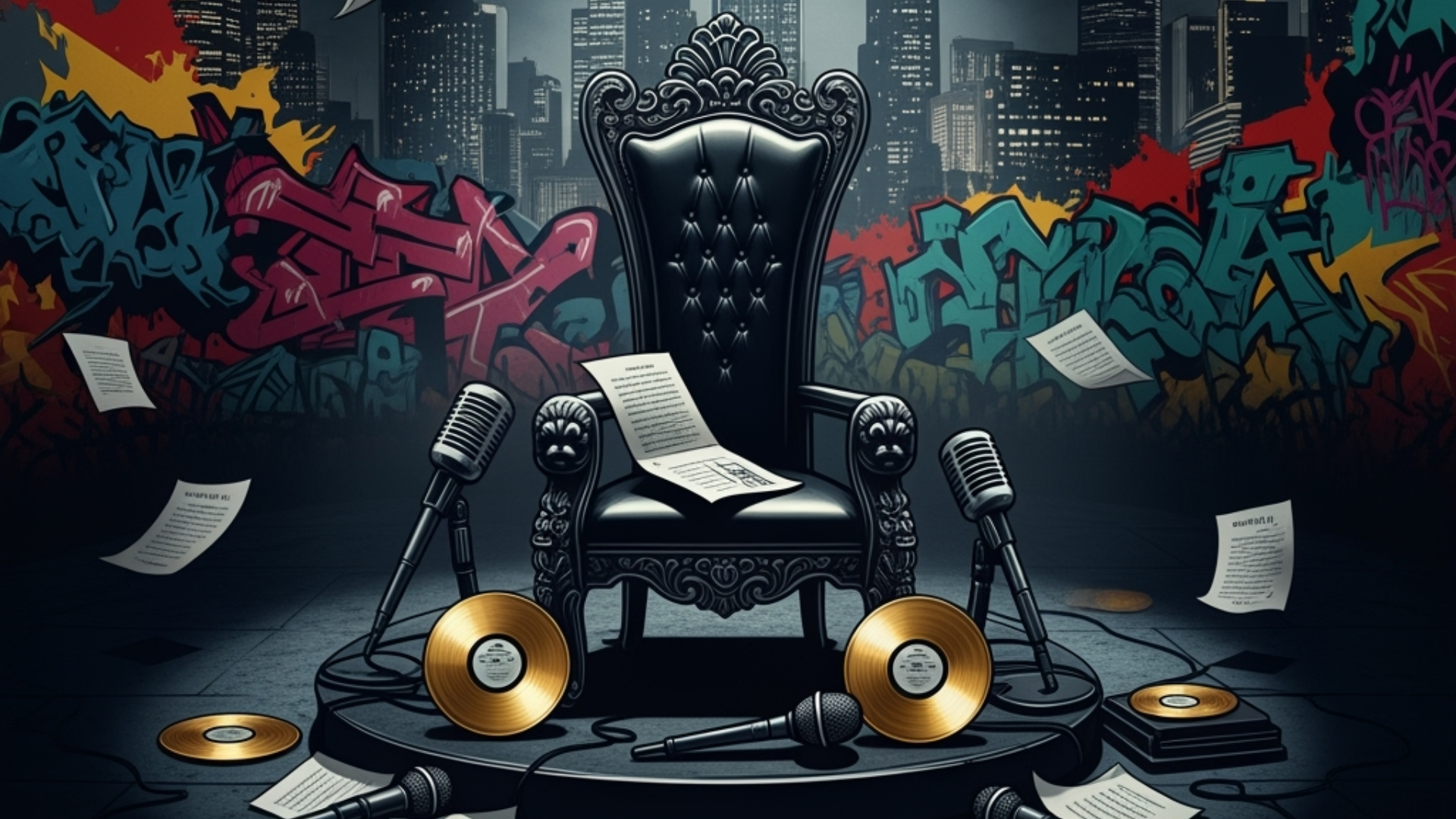The Verdict That Stopped the Music World
Sean “Diddy” Combs has always been more than just a rapper or producer—he’s been a symbol of hip-hop’s rise to global dominance, a business mogul, and a cultural tastemaker. But on July 2, 2025, a Manhattan jury delivered a verdict that may define the rest of his career and, potentially, the future of the industry he helped shape.
After a high-profile, weeks-long federal trial, Diddy was acquitted of the most serious charges—sex trafficking and racketeering conspiracy—but convicted on two counts of transporting individuals across state lines for prostitution. Each count carries a potential sentence of up to 10 years. The verdict capped a trial that featured explosive testimony, including from his former partner Cassie Ventura, and put the inner workings of hip-hop’s business and party culture on public display.
A Split Decision, But No Victory
While Diddy’s legal team called the outcome a “great victory,” emphasizing the acquittal on the most severe charges, the reality is more complicated. The convictions are felonies under the Mann Act, and Diddy will remain in custody until his sentencing, which is tentatively set for October. Prosecutors are expected to seek a significant prison term, and the judge has denied bail, citing both the seriousness of the offenses and Combs’ resources and history.
A juror from the trial pushed back against claims that Diddy’s celebrity status influenced the outcome, insisting the decision was based solely on the evidence and the law. The message: fame no longer guarantees immunity.
Business Fallout: The End of an Empire?
Even before the verdict, Diddy’s business empire was under siege. He stepped down from leadership roles at Revolt TV and Empower Global, and several brands and partners distanced themselves from him as the allegations mounted. The conviction makes a comeback even more uncertain. In an industry that has often looked the other way when stars are accused of misconduct, the Diddy case is a wake-up call for brands, collaborators, and investors.
The music business is now facing tough questions:
- Will companies implement stricter background checks and codes of conduct for artists and executives?
- Will festival organizers and award shows continue to book or honor artists facing serious allegations?
- How will streaming platforms and radio stations handle Diddy’s catalog and legacy?
The answers to these questions will shape the industry’s approach to risk, reputation, and responsibility for years to come.
Hip-Hop’s Reckoning: Culture, Power, and Accountability
Hip-hop has always been about storytelling, bravado, and pushing boundaries. But Diddy’s trial forced the genre to confront some uncomfortable truths about power, gender, and the treatment of women in the industry. The prosecution’s case relied heavily on testimony from women who described being coerced, abused, or manipulated by Combs. For many fans and artists, this was a reckoning that’s been a long time coming.
Cassie Ventura’s decision to testify was especially significant. Her courage not only helped secure the conviction but also set a precedent for other survivors to come forward. As her attorney noted, “Cassie has left an indelible mark on both the entertainment industry and the fight for justice”.
This case has already sparked deeper conversations within hip-hop about who gets celebrated, who gets protected, and who gets silenced. Artists and fans are demanding more transparency, support for victims, and a break from the old codes of silence.
Legal Precedent and the Path Forward
The Diddy verdict is a signal that the justice system is willing to take on powerful figures in music, even if convictions on the most serious charges remain difficult to secure. The acquittals on racketeering and sex trafficking suggest that the bar for those charges remains high, but the guilty verdicts under the Mann Act show that federal prosecutors are willing to use every tool at their disposal.
With sentencing set for October and more civil lawsuits reportedly in the pipeline, the legal saga is far from over. The industry will be watching closely to see if this case leads to more survivors coming forward and whether other high-profile figures face similar scrutiny.
The Industry’s Next Moves
For the business side of music, the Diddy case is a stark warning: the era of unchecked power and impunity may be coming to an end. Companies are re-evaluating their partnerships, artists are reconsidering who they align with, and the public is demanding accountability.
At the same time, hip-hop remains resilient. The genre has weathered scandals before, and its ability to adapt and reinvent itself is unmatched. But the Diddy verdict marks a turning point—a moment when the culture, business, and legal landscape of music are all being forced to evolve.
The Diddy verdict is more than just the end of a trial—it’s a defining moment for hip-hop, the music business, and the culture that surrounds it. Whether this sparks real change or fades into the background will depend on how artists, executives, and fans respond in the coming months. One thing is certain: the old rules no longer apply, and the industry is being forced to reckon with what—and who—it chooses to celebrate. For hip-hop and the wider music world, the spotlight is on, and everyone’s watching what happens next.




